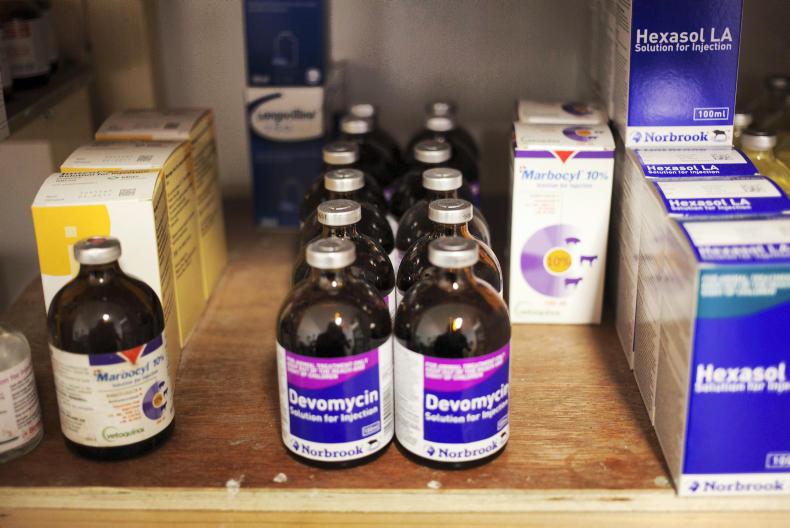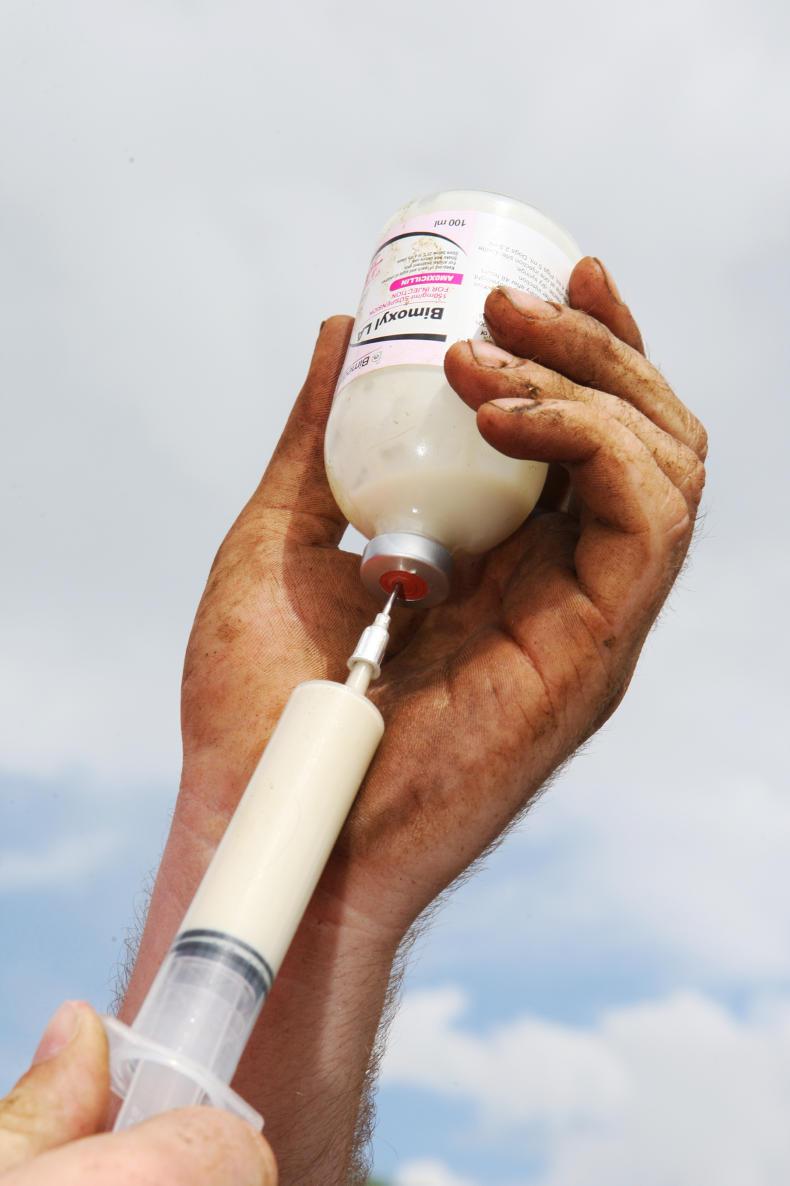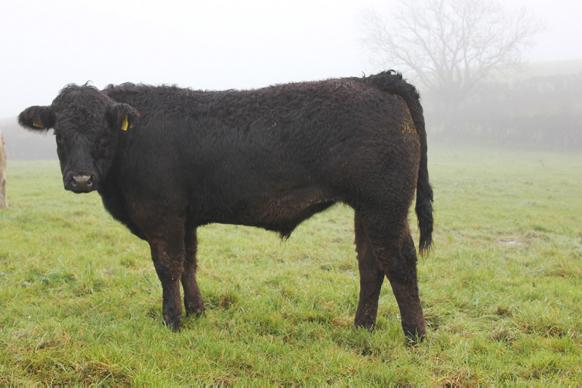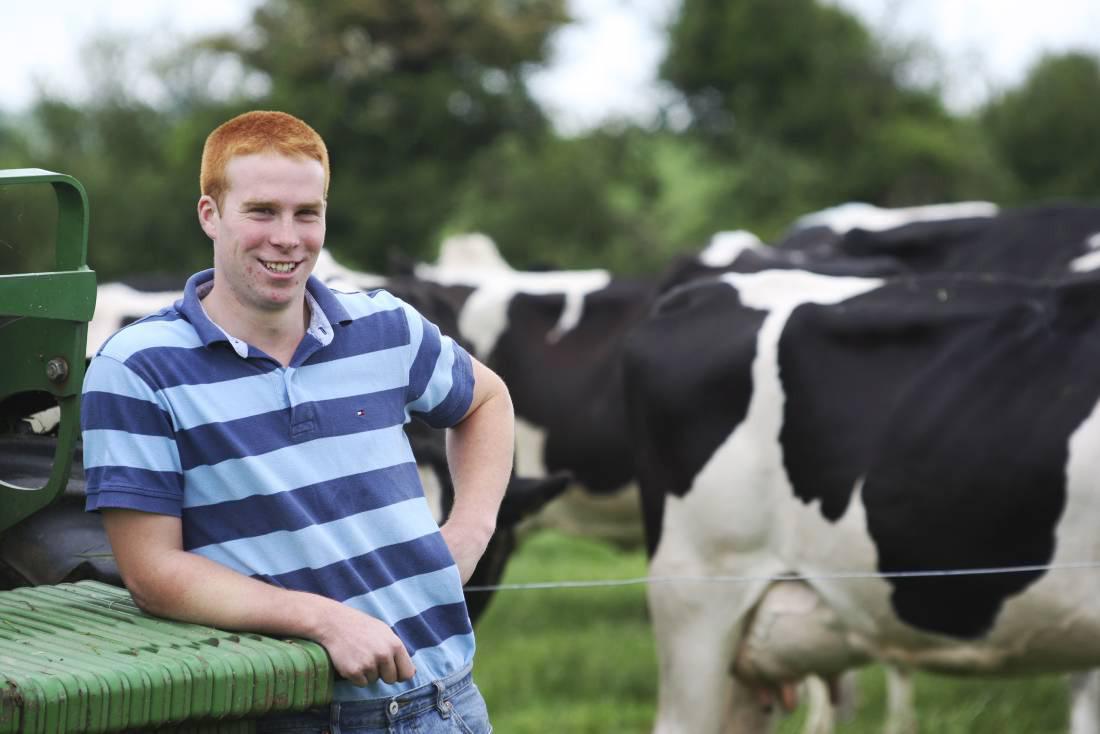Vets have called for more on-farm visits to be made mandatory and for prescriptions to be valid for shorter periods of time.
They also want to promote a “one farm, one vet” policy to be introduced for farmers.
The recommendations are made in a focus group study around the growing threat of antimicrobial resistance (AMR).
The United Nations has said that antimicrobial resistance could cause up to 10 million deaths annually by 2050 if left unchecked.
The report in the Irish Veterinary Journal, titled Challenges facing the veterinary profession in Ireland: On-farm use of veterinary antimicrobials, was published by Manuel Magalhães-Sant’Ana, Simon J. More, David B. Morton and Alison J. Hanlon.
The study resulted from a focus group that included vets working in public and private practice, the veterinary regulatory body, a dairy farmer and a general medical practitioner.
The group’s first recommendation was to look at the potential to change regulations around antibiotics to increase the number of yearly visits of veterinarians to farms and to implement electronic prescribing and shorter validity of prescriptions.
Under current regulations, vets can prescribe antibiotics for up to 12 months, having visited the farm at least once in a 12-month period.
It recommended that better on-farm herd health management practices should be endorsed, such as increased vaccination, the development of on-farm diagnostic testing, improved biosecurity measures and Quality Assurance Schemes.
It also recommended a One Health education plan, to educate farmers about link between antimicrobial resistance on their farms and human health. One study group participant noted: “Until they [farmers] see the link between antimicrobial resistance...and their livelihood and their children’s wellbeing…you won’t change them.”
For vets, the group recommended continuing veterinary education on antimicrobial resistance, prudent prescribing and ethical decision-making.
The group also recommended that a one farm, one vet policy should be examined.
Already in place in the Netherlands, this would ensure that a farm’s vet would have a complete understanding of all the antimicrobials used and in use on their client’s farm.
Currently farmers can use more than one prescribing vet, with each vet potentially only partially aware of the antibiotics used and animal health on the farm.










SHARING OPTIONS